How to get enough carbs on a gluten-free diet is super important because getting too many carbs or not enough carbs can be a problem.
Like a BIG problem????
In this short blog, I'll break down:
- What's the RIGHT amount of carbs to get on a gluten-free diet
- How to get enough carbs on a gluten-free diet
Let's do this!
What's the RIGHT amount of carbs to get on a gluten-free diet?
First of all, you need the same amount of carbs on a gluten-free diet as a "regular" diet (ie, if you were eating gluten.)
But the important thing is that you get enough.
If you go too low in carbs OR too high, it can be hard to:
- Get enough energy
- Build muscle
- Lose weight
- Control cravings
Not only that, going too high or low in the carb department can actually increase your risk of dying.
A recent study that had more than 400,000 people found that the risk of dying was higher for people who followed high carb diets (over 70% of calories from carbs) and those who followed low-carb diets (less than 40% carbs.)
This report published in the Lancet Public Health Journal was a real eye-opener.
It's helpful to see some research backing up what I see to client after client in my years as a dietitian, working with people: really low carb diets pretty much suck.
The authors concluded that diets providing about 50-55% of total energy from carbohydrates were associated with lower mortality risk.
The authors also note that the higher mortality risk was seen in people who, when going low carb (less than 40% of total calories), replaced those calories with protein and fats from animals instead of plants.
Think bacon, cream and organ meats instead of chickpeas, avocado and nuts, for example.
So yes, it matters what we replace the calories with.
Why did carbs get such a bad rap?
This is partly why, I think, carbs got a bad rap to begin with because when the low-fat craze hit us hard in the 90s, we took out the fats and put in the refined, non-nutritious carbs (hello, Snackwells and the like.)
This did nothing to help the obesity epidemic as the refined, fibre-devoid carbs were easily digested, spiked insulin levels, and gave our brain a hit of dopamine, leaving us wanting more.
So all that to say: you've got to get the right amount of carbs when you go gluten-free.
Whether you're going gluten-free because you think you might have a gluten intolerance or you've been gluten-free for years but aren't sure if you're getting the right amount of carbs (and frankly, you're a bit confused as there also seems to be a backlash against the powerhouse carbs in the past few years.)
Not matter the reason why you're gluten-free, you're right to wonder about your carb intake. And my recommendation is the same for how many carbs you should eat, regardless of the reason why you eat gluten-free:
I recommend you get 40-50% of your calories from carbohydrates on a gluten-free diet
At this level of carbs, you'll be able to have enough energy to:
- Workout
- Have the energy you want
- Build muscle
- Control your cravings
How to get enough carbs on a gluten-free diet: 3 Easy Steps!
1. Find out how many carbs you're eating right now
Before changing anything, track your food intake for 3 days in MyFitnessPal. See where you're starting from.
Seriously don't change anything for those 3 days!
I know it's hard but just eat what you normally would (eating out and all) and just see where you stand.
- If you're on the higher side (over 65%), you'll know you'll have to ease into the reduction.
- If you're on the lower side, (less than 40% carbs), you'll know you'll have to ease into a slight increase.
2. Eat 40-50% of your total calories from carbs
Here's where the magic happens...adjust your food intake so you're closer to the 45% of calories from carbs.
You can eat to 45% carbs by tracking on MyFitnessPal and adjusting till you get to 45% OR you can follow this meal plan to not waste any time and take a short cut to the 45%
If you want a Gluten-Free Meal Plan (PDF), download the PDF here (no need to enter an email).
Or just click the picture below for instant download access:
3. Keep track of your progress and stay on the path
If you're like me, getting off track when you're going gluten-free happens.
And hey, nothing to feel bad about - I've been there. But after you've made some changes, stick with it. You won't see results overnight so make sure you're realistic with your lifestyle changes.
Make sure you join my e-newsletter so you get my gluten-free and healthy recipes each week!
Want more?
Sign-up to get all the healthy and gluten-free recipes delivered straight to your inbox each week.
"*" indicates required fields
Remember going gluten-free doesn't mean low carb or no carb! Actually, it really shouldn't. For the best results, like increased energy and ideal muscle growth, make sure you get enough carbs on a gluten-free diet.
~April
Interested in more articles on gluten-free for gluten intolerance?
Check these out:
7 Sneaky Signs You May Be Gluten Intolerant
How to Relieve Bloating from Gluten Intolerance
How Long After Eating Gluten Do You Feel Sick?
What Not to Eat With Gluten Intolerance (PDF list)
Can the Keto Diet Really Cause Gluten Intolerance?
References
Seidelmann, SB et al (2018). Dietary carbohydrate intake and mortality: a prospective cohort study and meta-analysis. The Lancet Public Health. Vol 3; e419-e428. Accessed on-line at: https://doi.org/10.1016/S2468-2667(18)30135-X

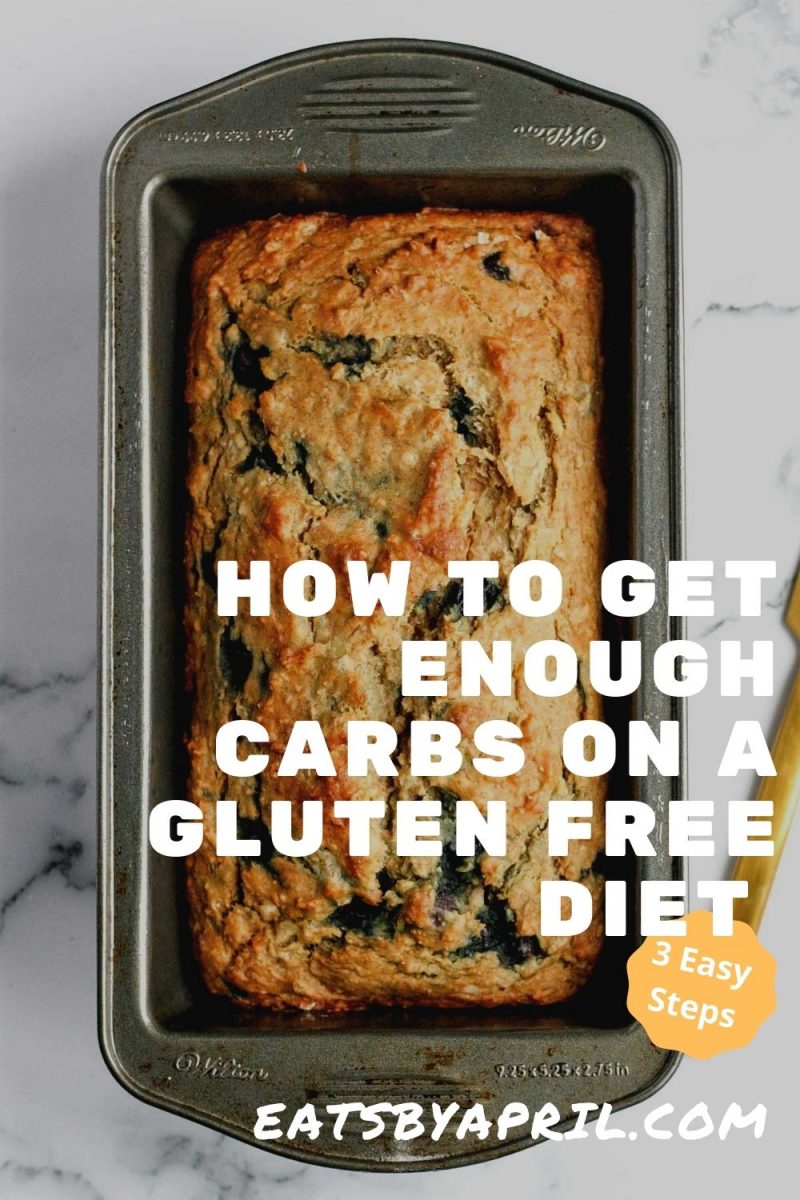
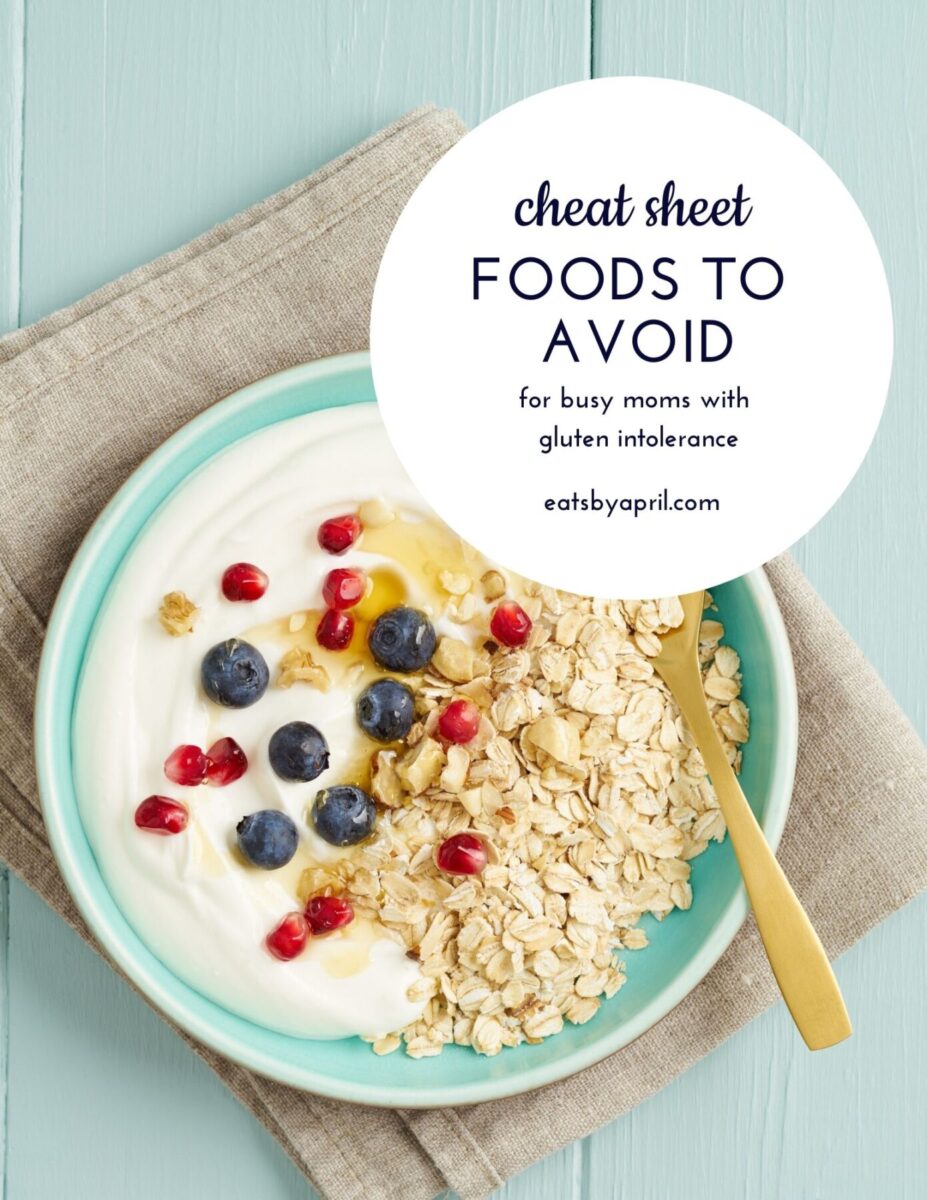
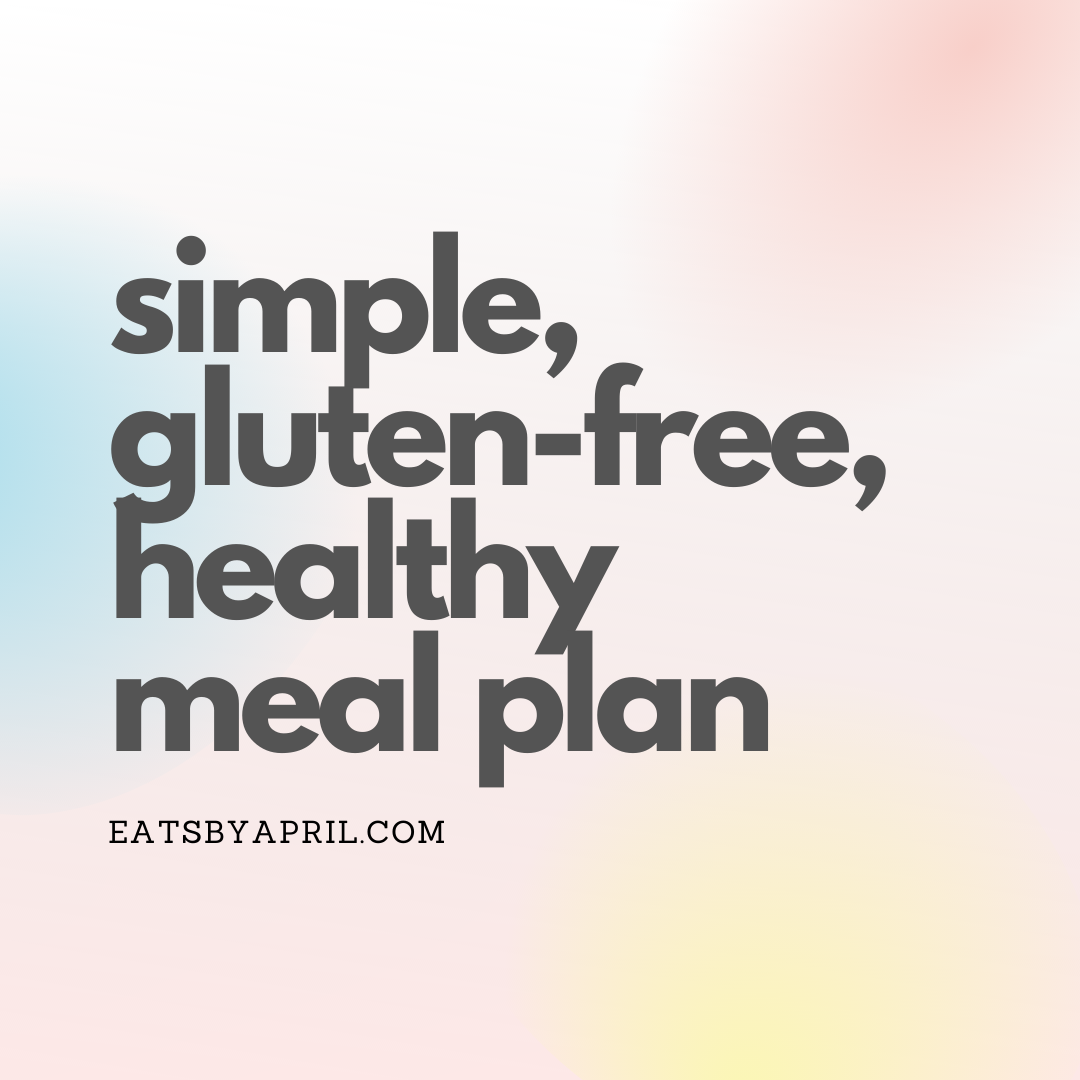

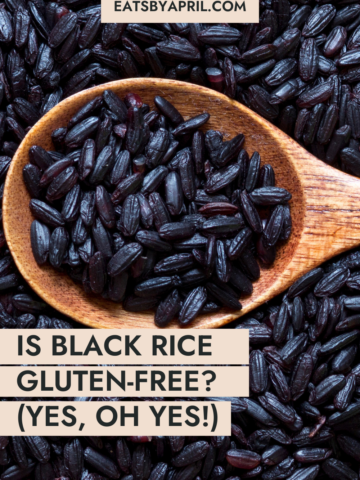

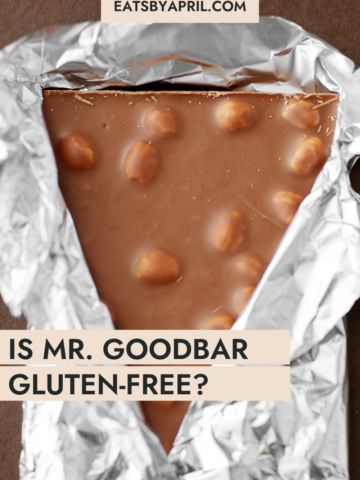
Comments
No Comments